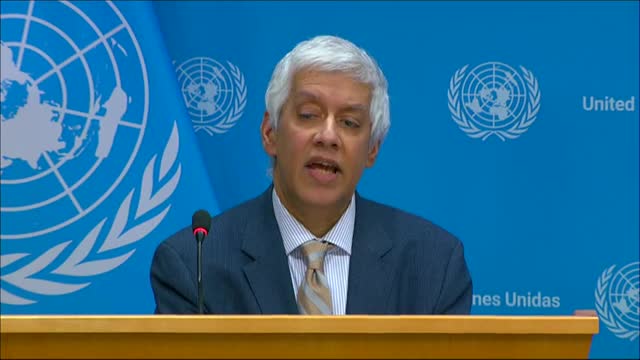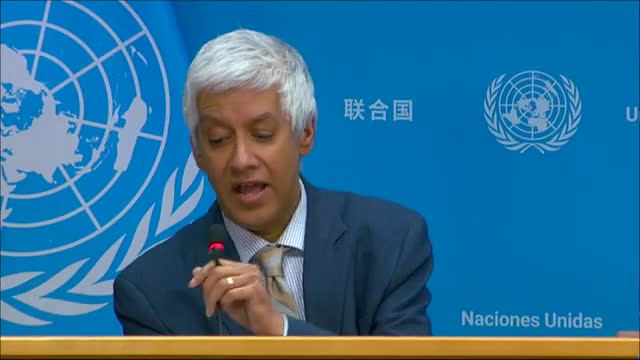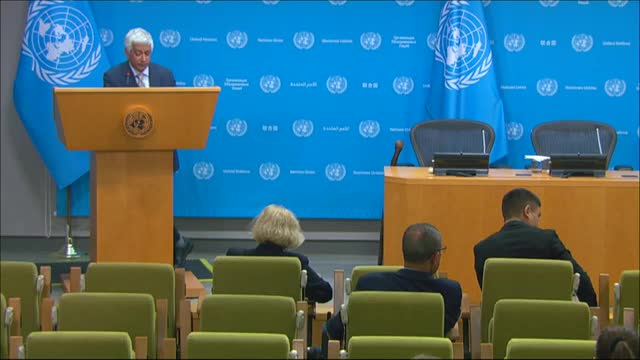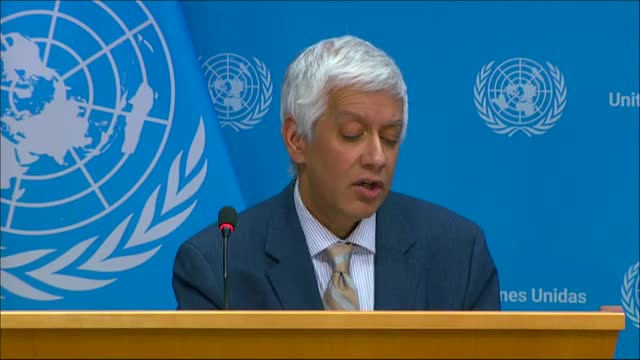Article not found
This article is no longer available. But don't worry—we've gathered other articles that discuss the same topic.

UN: Israeli operations in Tulkarm and Nur Shams refugee camp damaged 1,000 homes and displaced families

UN: Civilians in Gaza ‘not safe anywhere’ as humanitarian access shrinks and hospitals are destroyed

UN urges removal of restrictions on journalists after Al Jazeera closures and arrest of Italian reporter in Iran

